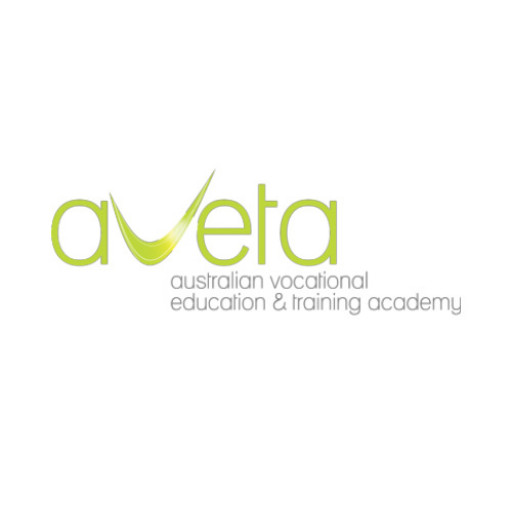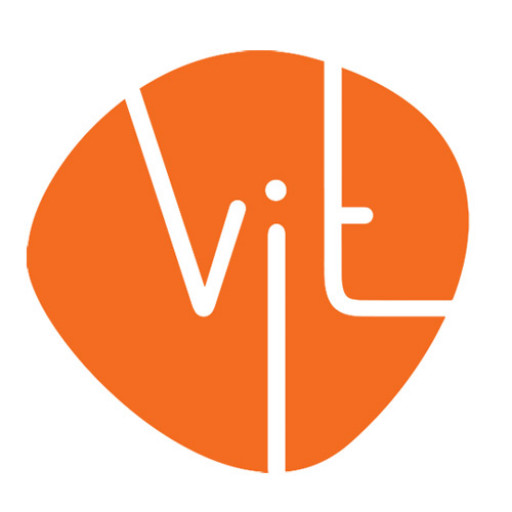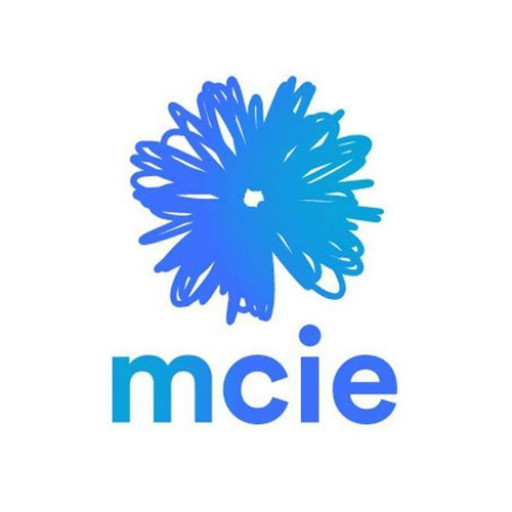Commercial Cookery is a comprehensive and practical program designed to equip students with the essential skills and knowledge required to excel in the dynamic hospitality and culinary industry. At Kenvale College, we focus on providing hands-on training alongside theoretical understanding, ensuring graduates are industry-ready and confident in their culinary abilities. Throughout the course, students will learn fundamental cooking techniques, food preparation, knife skills, kitchen safety and hygiene, and the principles of menu planning and food presentation. The program covers a wide range of cuisines and cooking styles, enabling students to develop versatility in the kitchen and cater to diverse customer preferences. Emphasis is placed on contemporary culinary trends, sustainable practices, and the importance of innovation in professional cooking. Students will gain practical experience through supervised kitchen labs, internships, and work placements, allowing them to apply their skills in real-world settings and build valuable industry connections. The course also includes training in customer service, teamwork, and communication skills, which are vital in fast-paced hospitality environments. Graduates will be well-prepared to pursue careers as apprentice chefs, commis chefs, or start their own culinary ventures. Our experienced instructors bring industry insights and mentorship, fostering a supportive learning environment that encourages creativity and professional growth. Whether aiming to work in restaurants, hotels, catering services, or opening a culinary business, this Commercial Cookery program at Kenvale College provides a solid foundation and the practical expertise needed to thrive in the competitive culinary landscape.
The Commercial Cookery program at Kenvale College is a comprehensive course designed to equip students with the essential skills and knowledge needed to excel in the dynamic hospitality industry. This program covers a wide range of culinary techniques, food safety standards, and kitchen management practices to prepare graduates for a successful career as professional chefs and cooks. Throughout the course, students will engage in practical, hands-on training in state-of-the-art kitchens, gaining real-world experience in preparing a variety of cuisines, including modern Australian, European, Asian, and international dishes.
The curriculum emphasizes the development of fundamental cooking skills such as knife handling, ingredient preparation, and cooking methods, alongside more advanced competencies like menu planning, food presentation, and dietary requirements. Students will also learn about food hygiene and safety regulations, sustainable practices, and effective teamwork in a fast-paced kitchen environment. The program provides theoretical lessons complemented by practical assessments, enabling students to directly apply their knowledge and refine their techniques.
Additionally, the Commercial Cookery course includes industry placements and internship opportunities, allowing students to gain valuable insights and establish professional connections within the hospitality sector. Graduates of this program are well-prepared to pursue employment in restaurants, hotels, cafes, and catering businesses or to further their education in culinary arts. The program aims to foster creativity, professionalism, and a strong work ethic, ensuring students are equipped to meet the demands of the hospitality industry and advance their careers as competent, confident chefs.
Completion of the Commercial Cookery program at Kenvale College requires students to acquire a comprehensive set of culinary skills and knowledge aligned with industry standards. The program encompasses practical cooking techniques, food safety and hygiene practices, menu planning, and kitchen management. Students will learn to prepare a variety of dishes, including appetizers, main courses, desserts, and bakery items, with an emphasis on presentation and quality. The curriculum is designed to develop not only technical proficiency but also understanding of nutritional considerations, sustainable practices, and local food sourcing. Participants are expected to complete a series of assessments, including practical cooking examinations, theoretical tests, and project work, which evaluate their competency in various culinary disciplines. Work placement or industry internship is a mandatory component, providing real-world experience within commercial kitchens, enabling students to apply skills in a professional setting and understand industry workflows. To graduate, students must fulfill all coursework requirements, demonstrate proficiency in food safety standards, and complete a specified number of hours in practical training. Additionally, effective communication, teamwork, and time management skills are integral to the program's success and are evaluated throughout the course. The program is designed to prepare students for roles such as Apprentice Chef or Cook in hotels, restaurants, catering companies, and other hospitality venues. Entry requirements generally include a minimum academic qualification and a passion for culinary arts, with English language proficiency as a prerequisite where applicable. Upon successful completion, graduates receive a qualification that qualifies them for entry into the industry or further specialized studies in hospitality or culinary arts. The program emphasizes hands-on learning, industry relevance, and preparing students for the dynamic and evolving culinary sector, ensuring they meet competency standards required by employers within the hospitality industry.
The financing of the Commercial Cookery program at Kenvale College can be approached through various funding options available to students. Currently, students may explore government-funded schemes such as the Youth Allowance, Austudy, or Abstudy, depending on their eligibility criteria. These schemes provide financial support to students undertaking full-time study, alleviating some of the costs associated with tuition and living expenses. Additionally, the college may offer scholarships or bursaries aimed at outstanding students or those facing financial hardship, which can significantly reduce the overall cost of education.
International students enrolling in the Commercial Cookery program have access to different funding mechanisms, including international student loans or sponsorships, which are often arranged through private financial institutions or government agreements. Some students might also consider private financing options, such as bank loans, to cover tuition fees and related expenses. It is advisable for prospective students to consult with Kenvale College’s admissions or student services departments for detailed and updated information on available financial aid options, application procedures, and eligibility criteria.
Furthermore, students might seek external funding sources such as family support or part-time employment opportunities. The college’s proximity to Sydney’s hospitality industry offers the possibility of casual work in cafes or restaurants, which can assist in financing their studies while gaining practical experience. Additionally, vocational education and training (VET) courses like Commercial Cookery often allow students to access fee exemptions or concessions based on individual circumstances, which further improves affordability.
Students should also consider the cost of textbooks, uniforms, equipment, and any additional resources required for practical training. Some of these costs may be included in the program fees, or students might need to purchase them separately. Kenvale College emphasizes transparency in fees, and students are encouraged to review the total cost of the program and plan their finances accordingly.
Overall, the financing of a Commercial Cookery program at Kenvale College combines government support, institutional scholarships, potential external funding, employment opportunities, and personal savings. Planning and applying early for available financial assistance is recommended to ensure smooth progress through the course.
Commercial Cookery at Kenvale College offers students a comprehensive education in the culinary arts, equipping them with practical skills and theoretical knowledge essential for a successful career in the hospitality industry. The program is designed to provide hands-on experience in a professional kitchen environment, enabling students to master cooking techniques, food preparation, and presentation skills while understanding the importance of hygiene, safety, and sustainability in food service. Course content typically covers a wide range of topics, including basic cookery skills, French classical cuisine, international cuisines, menu planning, and kitchen management. The curriculum emphasizes both technical competence and culinary creativity, encouraging students to develop their own style and confidence in the kitchen. Throughout the course, students gain exposure to real-world industry practices through work placements, industry projects, and interactions with professional chefs. Kenvale College supports students in developing essential soft skills such as teamwork, communication, and customer service, critical for advancing within the hospitality sector. The program aims to prepare graduates for diverse roles including chef de partie, pastry chef, or hospitality manager, providing pathways into further education or employment across hotels, restaurants, cafes, and catering businesses. Additionally, the college offers state-of-the-art cooking facilities, industry-standard equipment, and experienced instructors dedicated to mentoring students. Upon completion, students receive a nationally recognized qualification, which can serve as a stepping stone for further culinary education or entry into the competitive hospitality job market. The program also emphasizes the importance of ongoing professional development, innovation in food trends, and maintaining high standards of culinary excellence, ensuring graduates are well-prepared to meet industry demands and pursue successful careers in the culinary arts.









